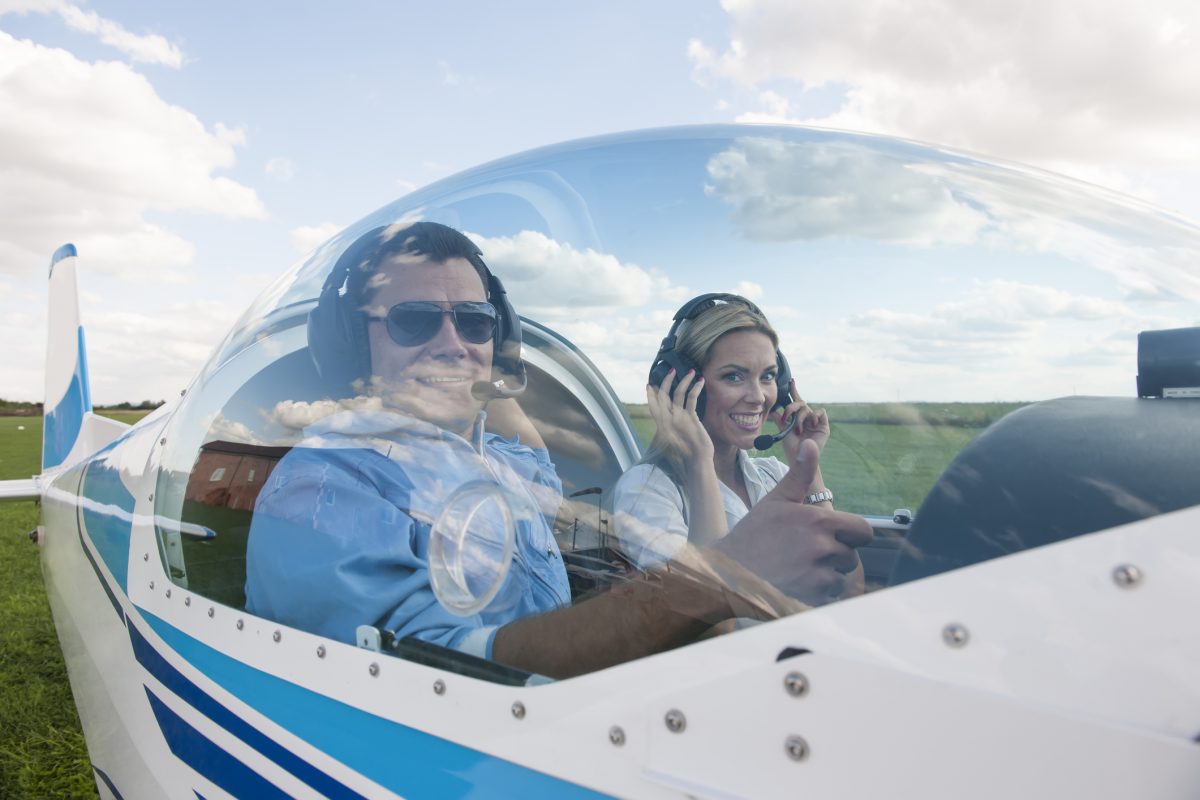
It’s winter, which means that cold and flu season is upon us yet again. Around the home and workplace, these common ailments aren’t usually much of a problem. However, flying with a cold or the flu is a different story. Even minor symptoms can impair your decision-making abilities and negatively impact your performance as a pilot. Before you go flying during cold and flu season, keep the following in mind:
Flying with a cold or the flu can be a flight hazard
The FAA requires pilots to self-evaluate their “fitness to fly” under FAR 61.53. If a medical condition inhibits your ability to safely operate the aircraft, you must stay grounded. While it’s possible to operate an aircraft with a minor illness like a cold or the flu, flying when you’re under the weather is never a good idea. Symptoms such as fatigue, fever, headache, aching muscles, cough, sore throat, and congestion can be uncomfortable and distracting, making it difficult to safely manage all the tasks associated with flying.
If you’re already dealing with sinus problems, flying may only make it worse. The changes in atmospheric pressure that come with changes in altitude during ascent or descent could cause a sudden sinus block, which produces severe pain often felt in the ears, nose, and/or eyes. In some cases, a sinus block may cause permanent damage to the inner ear and nasal passages.
Common cold and flu medications may have serious side effects
Many over the counter cold and flu medications such as antihistamines and decongestants contain ingredients that may cause serious side effects with increases in altitude. Adverse side effects can include drowsiness, dizziness, impairment of coordination, and blurring of vision. Flying on some common cold or flu medications can be as dangerous as flying under the influence of alcohol; many sedating medications increase the risk of hypoxia and have been banned by the FAA as a result. Always make sure you understand the potential side effects of a drug before you take it. Remember that even drugs that cause no apparent side effects on the ground can cause problems once you’re in the air.
When in doubt, don’t fly
If you’re feeling unwell, think twice before you hop in the cockpit. Generally speaking, flying with a cold or the flu isn’t worth the risk. When you’re tired, sick, or distracted, you’re not at the top of your game, and flying just isn’t a good idea. Even if you only have slight symptoms, it’s better to stay grounded than to put yourself or others in danger by flying. Put simply, when you’re not functioning at your best, you’re not fit to fly. When in doubt, stay at home, rest, and take care of yourself. You’ll be glad you did!